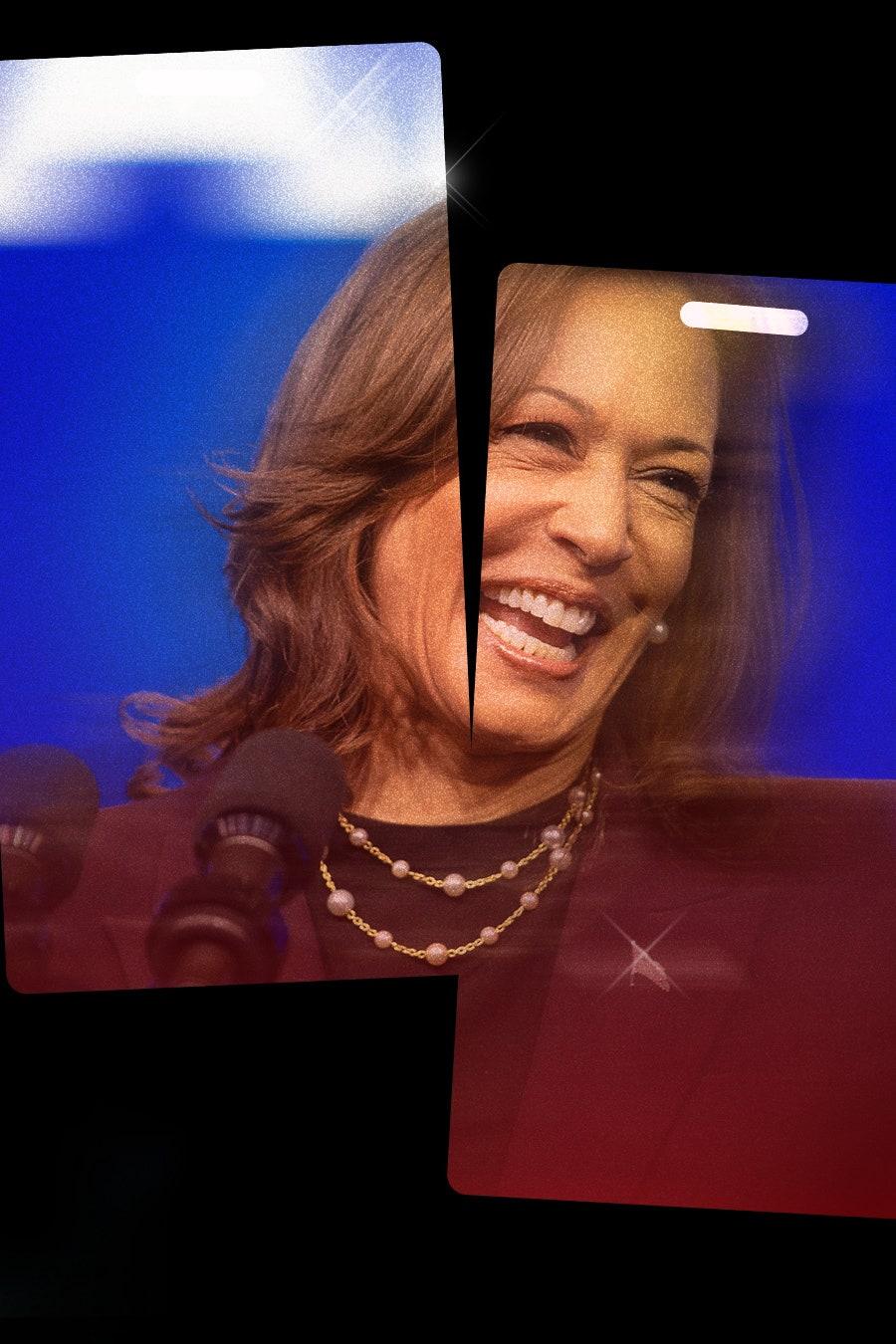Kamala Harris’ Campaign Is a Windfall for Influencers
The rise of social media has undeniably changed the dynamics of political campaigns. In the digital age, political candidates are increasingly turning to influencers to reach out to voters and gain support. One such candidate who has embraced this strategy is Kamala Harris, whose campaign for presidency has been a windfall for influencers.
Kamala Harris, a former prosecutor, has emerged as a frontrunner in the crowded field of Democratic candidates for the 2020 election. With her strong focus on criminal justice reform, healthcare, and women’s rights, Harris has garnered substantial support from diverse groups of voters. However, it is her digital campaign strategy that truly sets her apart.
In recent years, influencers have become a powerful force in marketing products and services. These individuals, who have built a large following on social media platforms such as Instagram, YouTube, and TikTok, partner with brands to promote products to their devoted audience. The effectiveness of influencer marketing lies in the personal connection that influencers have with their followers. In the political realm, this notion holds true as well.
Kamala Harris’ campaign team understands the potential influence that social media personalities wield over their followers, particularly young and politically engaged individuals. In a bid to connect with this crucial demographic, the campaign has partnered with influential figures across different platforms. These influencers, often young and relatable, are tasked with creating content that resonates with their audience and promotes Harris’ campaign messages.
By engaging influencers, the Harris campaign ensures a wider reach and a more personal connection with potential voters. They understand that a post from an influential figure can carry more weight than traditional forms of political advertising. Influencers are seen as approachable, relatable, and trustworthy sources of information, making their endorsement of Harris’ campaign more impactful.
Moreover, the utilization of influencers allows the campaign to tap into niche communities that might not be reached through traditional campaign tactics. Influencers who specialize in specific topics such as fashion, fitness, or mental health can effectively promote Harris’ policies related to these areas, thereby expanding her reach beyond political enthusiasts.
The influx of influencers in political campaigns, however, does raise some concerns. Critics argue that using influencers blurs the line between authentic endorsement and paid advertising, potentially misleading voters. There is a fear that some influencers may not fully understand the intricacies of political policies, leading to the spreading of inaccuracies or misinterpretations. Additionally, questions arise on the influence of money in politics, as influencers may receive compensation for their support.
Nonetheless, the collaboration between Kamala Harris’ campaign and influencers highlights the ever-evolving landscape of political campaigning. As social media continues to shape public opinion and democratize access to information, politicians are adapting their strategies to engage with voters more effectively. Harris’ campaign recognizes the opportunity that influencers present and leverages their influence to engage with potential supporters on a personal level.
Kamala Harris’ campaign has embraced the power of influencers to spread her messages and connect with voters. By partnering with social media personalities, she has successfully extended her reach and tapped into diverse communities. While the use of influencers in politics is not without its criticisms, it is undeniable that they have become an integral part of modern campaigns. As we move forward in this digital age, the role of influencers in politics will continue to evolve, shaping the way candidates connect with voters.
Hey Subscribe to our newsletter for more articles like this directly to your email.
